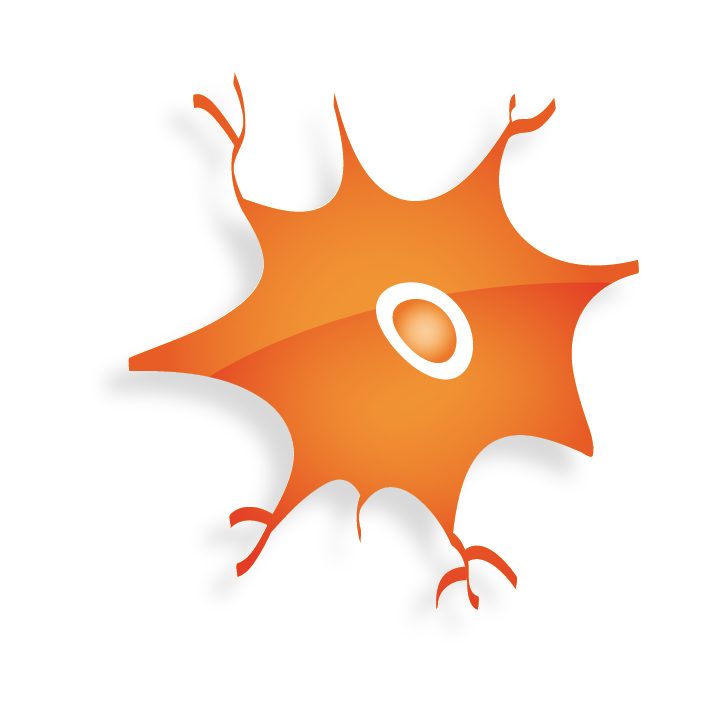SS03: Neural engineering and computation: new tools and methods for studying and interacting with neural systems in both health and disease
Pablo Martínez Cañada
Department of Computer Engineering, Automation and Robotics, University of Granada, Spain
Jesus Minguillón Campo
Department of Signal Theory, Telematics and Communications, University of Granada, Spain
Abstract
For years, researchers have used the theoretical and practical tools of engineering, computer science, physics, and mathematics to understand and manipulate the nervous system. Research in neural engineering and computation extends and applies knowledge of the nervous system, from the molecular to the systems level, to develop novel neural technologies such as brain-computer interfaces, neural prostheses, and implantable devices, as well as computational modelling and imaging techniques, for the diagnosis and treatment of neurological disorders, and for other applications.
This session aims to present a collection of works that addresses the advances, challenges, and prospects in the framework of neuroengineering and computational neuroscience and their role as enablers for studying and interacting with neural systems, with a particular interest in the normal and diseased brain. This session is open, but not limited, to the following topics:
- Computational neuroscience: methods for simulation and analysis of neural circuits.
- Traditional and next-generation neural interfaces.
- Electronic design, wearable and implantable devices.
- Body area networks.
- Brain-computer interfaces.
- Functional electrical stimulation.
- Biomedical signal processing.
- Machine learning and artificial intelligence applied to biomedical data.
Organizers
Dr. Pablo Martínez Cañada, since completing his PhD in 2018 from University of Granada (Spain), has gone from holding a post-doctorate position at Istituto Italiano di Tecnologia (Italy) to becoming a Marie Skłodowska-Curie Individual-Fellowship Researcher. He has developed rigorous mathematical tools to disambiguate EEGs/MEGs and robustly interpret them in terms of specific neural features (e.g., excitation-inhibition ratio). His findings are generating important new knowledge about contributions of different neural phenomena to EEGs/MEGs and are helping quantify how neural parameters change with manipulations of neural circuits or in brain disorders. An important scientific achievement is the first co-authorship in a relevant paper on neural mechanisms of autism published in eLife, which has been selected by the Simons Foundation (USA) as the 5th most notable paper in autism research in 2020. He is now a postdoctoral fellow at the NeuroEngineering and Computing Lab (NECO Lab) of the University of Granada focused on developing methods for inferring changes in neural circuit parameters of neurodegenerative clinical conditions.
Dr. Jesús Minguillón Campos received in 2018 his Ph.D. in Information and Communication Technologies from the University of Granada. During his predoctoral stage, he worked on the design and development of non-invasive neural interfaces for the central nervous system and investigated the use of BCIs for measuring how stress affects daily-life contexts. He did a research stay at the prestigious Translational Neural Engineering Lab of Prof. Silvestro Micera (EPFL, Switzerland). During his Postdoctoral stage, he worked at the Biomedical Electronics Research Group (BERG) of the Pompeu Fabra University (Barcelona, Spain). In that stage, his research focused on wireless power transfer methods and bidirectional communication architectures for minimally invasive peripheral neural interfaces based on distributed networks of wireless injectable micro-implants with sensing and stimulation capabilities, in the framework of three European projects: eAXON (Wireless microstimulators based on electronic rectification of epidermically applied currents), SENSO-eAXON (Injectable wireless microsensors based on the eAXON technology) and EXTEND (Bidirectional Hyper-Connected Neural System). He is now a postdoctoral fellow at the NeuroEngineering and Computing Lab (NECO Lab) of the University of Granada focused on investigating next-generation neural interfaces based on massive distributed networks of wireless micro-implants, neuro-technologies for closed-loop real-time applications, and bio-signal processing for neuroscience and healthcare applications.
